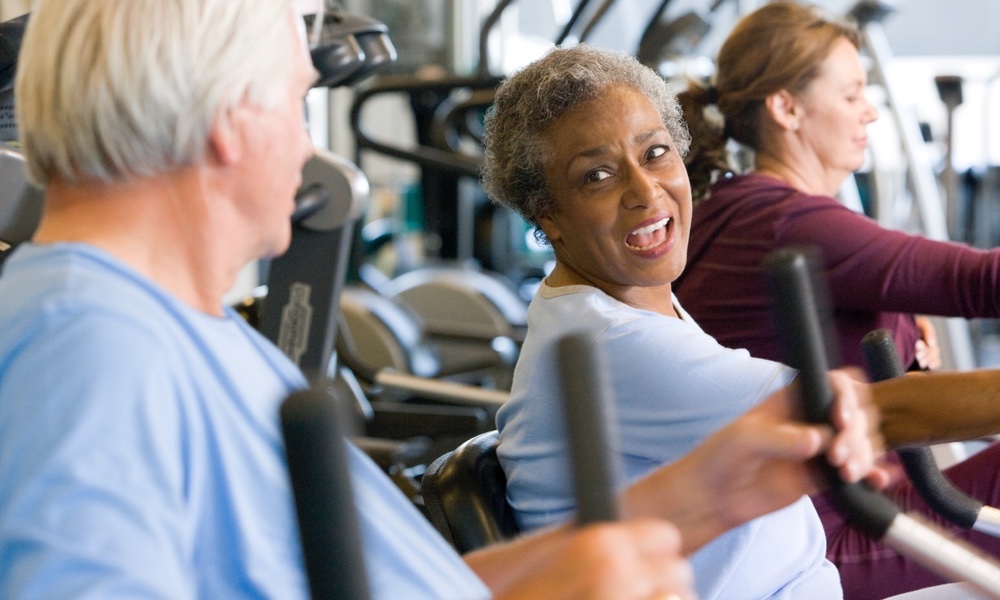After a bike ride or a brisk walk, you may have noticed that you feel energized and more alert. But how long does this brain boost actually last? The good news: On average, folks who engaged in moderate to vigorous activity did better on memory tests well into the next day.
To conduct the study, the University College London research team reviewed data from 76 men and women, between the ages of 60 to 83, who wore activity trackers for eight days and also took cognitive tests every day during the same period of time.
Those participants who engaged in moderate or vigorous physical activity had better working memory — the type of memory you use to recall a phone number — and episodic memory, the ability to recall events and personal experiences.
“Moderate or vigorous activity means anything that gets your heart rate up — this could be brisk walking, dancing or walking up a few flights of stairs. It doesn't have to be structured exercise,” lead author of the study, Mikaela Bloomberg of UCL's Institute of Epidemiology and Public Health, explained in a press release.The cognitive benefits of exercise may last longer than we thought.
“This study provides evidence that the immediate cognitive benefits of exercise may last longer than we thought,” co-author of the study, Andrew Steptoe, who is also on the faculty of UCL's Institute of Epidemiology and Public Health, added.
There was also a connection made between exercise, sleep and improved brain performance.
After calculating the participants' average levels of activity and the quality of their sleep across the eight days they were tracked, the researchers found that participants who were habitually more active typically had higher-quality sleep and thus performed better on cognitive tests.
One limitation of the study is that it had a small number of participants. It was also noted that the volunteers were a cognitively healthy group, meaning the results might not be true for people who have neurocognitive disorders like Alzheimer's.
Steptoe also acknowledged that the study couldn't establish whether the short-term boost to cognitive performance would contribute to longer term cognitive health beyond what the test measured. “Though there is plenty of evidence to suggest physical activity might slow cognitive decline and reduce dementia risk, it's still a matter of some debate,” he said.
On the plus side, this study is among the first to evaluate next-day cognitive performance using a “micro-longitudinal” study design that tracked participants going about their normal lives rather in a laboratory.
Interested in seeing whether a short burst of moderate activity gives your brain a longer-lasting boost? Examples of moderate activity exercises include:
- Bicycling: Riding a bike on level ground at a speed slower than 10 miles per hour
- Tennis: Playing doubles tennis
- Water aerobics: Participating in a water aerobics class
- Gardening: Doing general gardening, weeding, planting, watering
- Yoga: Practicing active forms of yoga, such as Vinyasa or power yoga
- Lawn work: Pushing a lawn mower
- Home repair: Doing general home repair work
- Leisure activities: Hiking, playing Frisbee, golfing
- Home activities: Playing with children, washing the car by hand or vacuuming
The study is published in International Journal of Behavioral Nutrition and Physical Activity.





